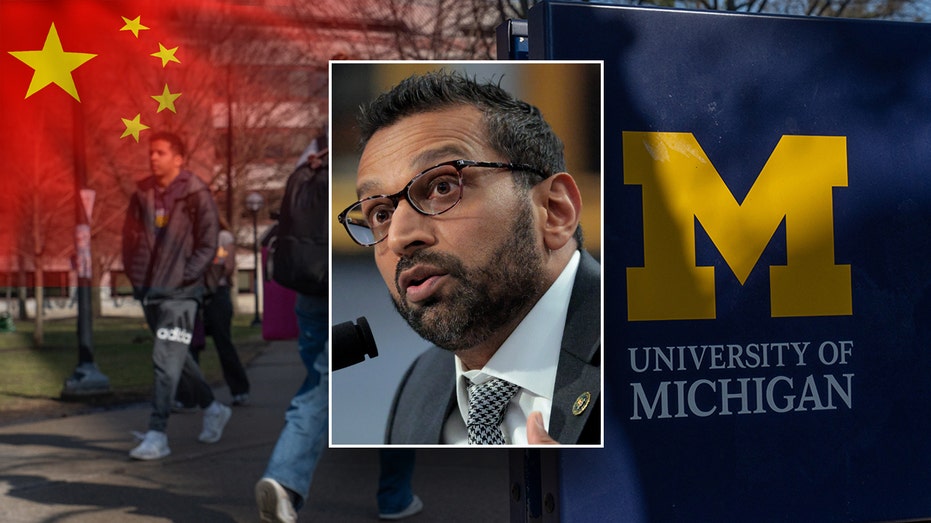Patel Labels Chinese Nationals Charged with Smuggling 'Agroterrorism Agent' into U.S. as a 'Direct Threat'
University of Michigan researcher and her boyfriend face charges for allegedly smuggling a "potential agroterrorism weapon" from China into the U.S.

The recent arrest of two Chinese nationals accused of attempting to smuggle a dangerous biological pathogen into the United States has sparked significant concern among national security officials and members of the agricultural sector. According to federal authorities, Yunqing Jian, a research fellow at the University of Michigan, and her boyfriend Zunyong Liu, both citizens of China, are facing criminal charges that include conspiracy, smuggling, making false statements, and visa fraud. The pair allegedly brought Fusarium graminearum—a fungus recognized for its potential use as an agroterrorism weapon—into the country with the aim of conducting research at a university laboratory in Michigan.
Fusarium graminearum is notorious for causing “head blight,” which devastates key crops such as wheat, barley, maize, and rice. Scientific literature and federal prosecutors alike emphasize the severe consequences of an outbreak: billions of dollars in economic losses worldwide each year, with the added risk of toxins produced by the fungus causing vomiting, liver damage, and reproductive defects in both humans and livestock. U.S. Attorney Jerome Gorgon described the actions of Jian and Liu as “of the gravest national security concerns,” pointing to their alleged connections to the Chinese Communist Party and the calculated nature of their smuggling scheme.
According to the criminal complaint, Jian, 33, was reportedly funded by the Chinese government for her work on this pathogen while in China. Investigators say her electronic devices contained information reflecting her membership and loyalty to the Chinese Communist Party. Liu, 34, is said to conduct research on the same fungus at a Chinese university and, according to federal prosecutors, admitted to smuggling the pathogen through the Detroit Metropolitan Airport after initially lying to authorities. Court documents allege that the couple intended to leverage the University of Michigan’s laboratory resources to further their clandestine research.
Federal law enforcement agencies have commended the successful interception of the biological material. The director of field operations for U.S. Customs and Border Protection underscored the critical role border officers play in safeguarding the nation from biological threats that could not only cripple the agricultural economy but also put public health at risk. He noted that the investigation required close collaboration between CBP offices nationwide and other federal partners.
The incident comes amid heightened scrutiny of foreign nationals—particularly those from China—engaging in sensitive academic research within the United States. National security officials argue that infiltration of American research institutions by operatives or researchers poses risks ranging from economic sabotage to direct threats against citizens’ well-being. The case against Jian and Liu arrives as federal policymakers ramp up measures to address such dangers, including recent announcements of aggressive revocation of student visas for Chinese nationals linked to critical fields or alleged ties to foreign governments.
Jian remains listed as a postdoctoral fellow at the University of Michigan, and it is unclear whether the university has taken any internal action since the charges were announced. The Justice Department clarified that felony charges in a criminal complaint serve as the first legal step, with prosecutors yet to determine whether to seek a full felony indictment upon completion of the investigation. Meanwhile, the arrests have triggered debates over immigration and academic collaboration with foreign entities—especially in light of ongoing efforts to crack down on espionage and the exploitation of U.S. research resources.
As the investigation continues, officials stress that early detection and intervention were crucial in preventing what could have been a potentially catastrophic biological attack on America’s food supply. The case underscores the ongoing challenges faced by federal agencies in protecting national interests against ever-evolving threats from abroad.




